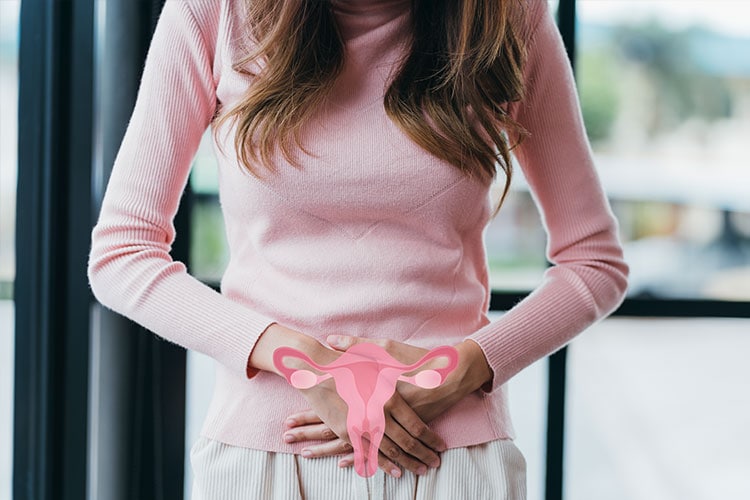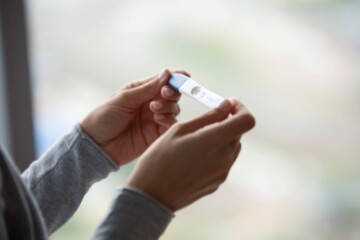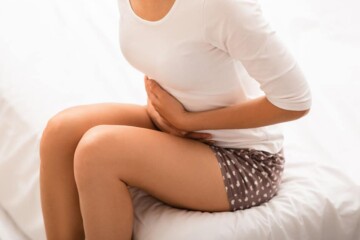One way to help reduce the impact of ageing is by freezing your eggs when you’re still in your fertile years, as the quality of the egg is determined by the age of the woman at the time of freezing.
This technology came about in order to preserve the fertility of young women who were diagnosed with cancer; their eggs are stimulated, harvested and frozen soon after diagnosis but before any chemo or radiotherapy to give these women the chance of a family post-treatment.
An increasing number of women today are choosing to freeze their eggs in order to help give them a greater chance of having a family in the later phase of their fertile years, due to personal, career or relationship factors. Although it can be quite an expensive process, more women are choosing this option — but it has no guarantee of success.











